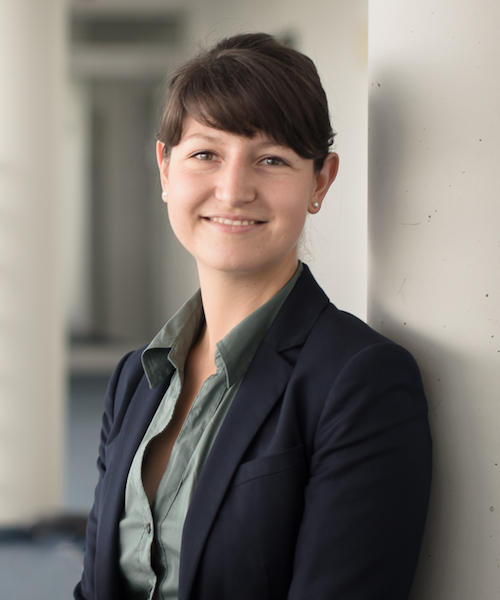University of Hagen, Germany
Differences in degree and kind: How vocabularies of motive in institutional logics shape sustainable practices
Abstract
The article “Differences in degree and kind: How vocabularies of motive in institutional logics shape sustainable practices” aims at a deeper understanding of how different institutional logics result in different approaches to sustainability. For this purpose, an embedded case study among different banking types was conducted which allows comparing the market, community, state, religious, professional, family and sustainable logic. The analysis reveals that each institutional logic implies different vocabularies of motives which in turn become manifest in different approaches towards sustainability. We find that those approaches do not only differ in terms of the degree but also in terms of the kind of the sustainable practices implemented. This paper thus contributes to a more fine-tuned understanding of which sustainable behaviour is considered appropriate within the various institutional logics. In particular, we advance knowledge by uncovering the mechanisms between logics, motives and practices and thereby succeed in bridging the literature dealing with motives for sustainability and institutional theory.
Biography
Salome Zimmermann is a PhD candidate and research assistant at the University at Hagen, Germany's only state-funded distance learning university. She is affiliated to the Chair of Service Management (led by Sabine Fliess), where she is involved with online teaching as well as supervising bachelor and master theses. Her research interests focus on questions concerning the sustainable behaviour of organisations, such as divestment strategies of financial service providers. She mainly relates those questions to institutional theory in general, and to the institutional logics perspective in particular. Methodologically, she works predominantly qualitative. She is familiar with both conventional case studies and configurational approaches, such as qualitative comparative analysis (QCA).
Salome Zimmerman

